Affiliate links on Android Authority may earn us a commission. Learn more.
HTC reports Q1 2016 earnings: a 64.31% decrease from Q1 2015
Updated on April 7, 2016
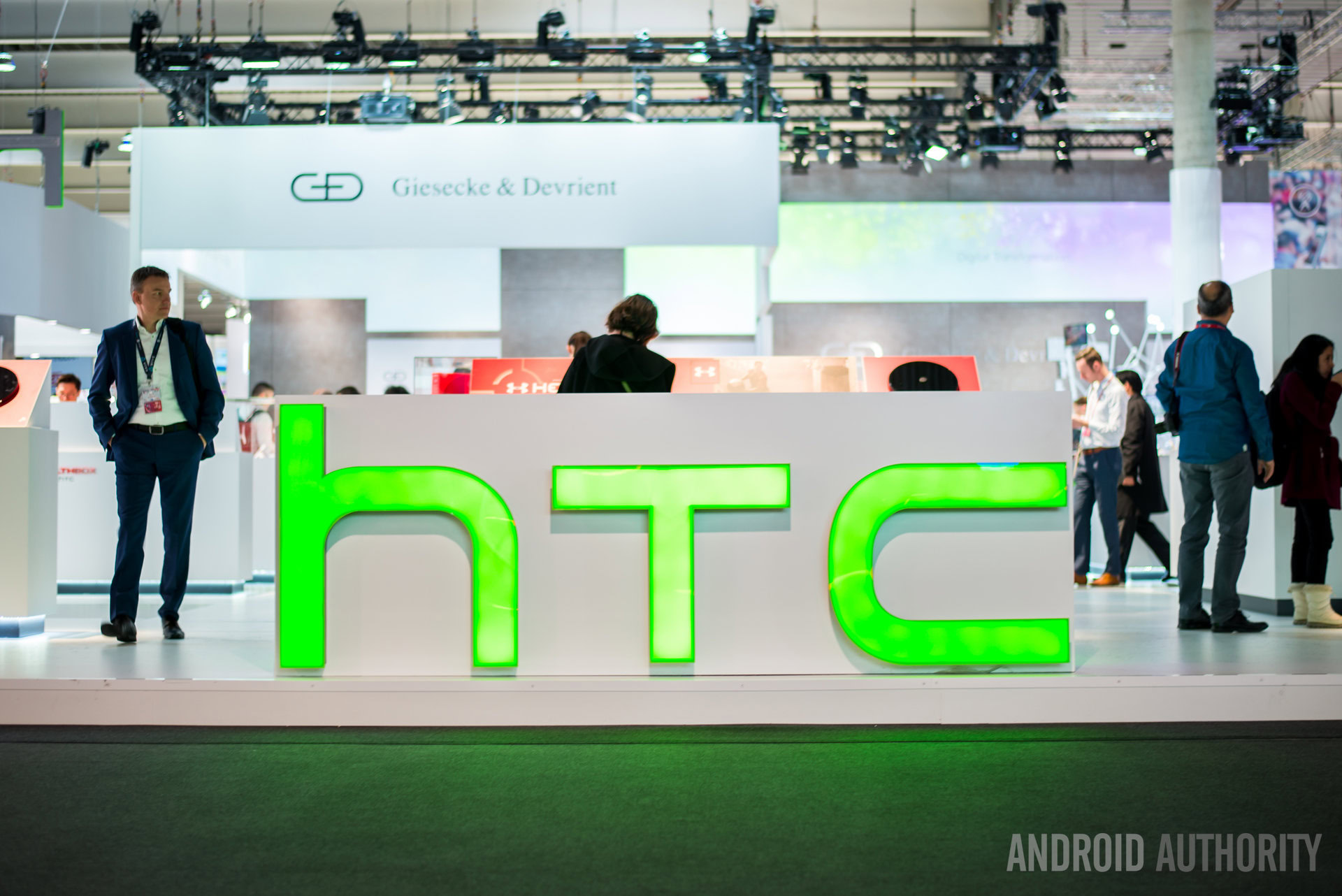
HTC has just announced it’s unaudited consolidated revenue for the first part of 2016, and things are looking quite somber. For the month of March, it earned NT $4.14 Billion, or roughly $127.57 million US dollars. This is a 1.34% drop in revenue from the previous month, but also a loss of 79.3% from March of 2015. For the entirety of Q1 2016 it reported NT $14.821 billion, or roughly $433.95 million US dollars. This is a drop of 64.31% from Q1 2015.
For a visual approach, here are the figures directly from HTC’s IR website:
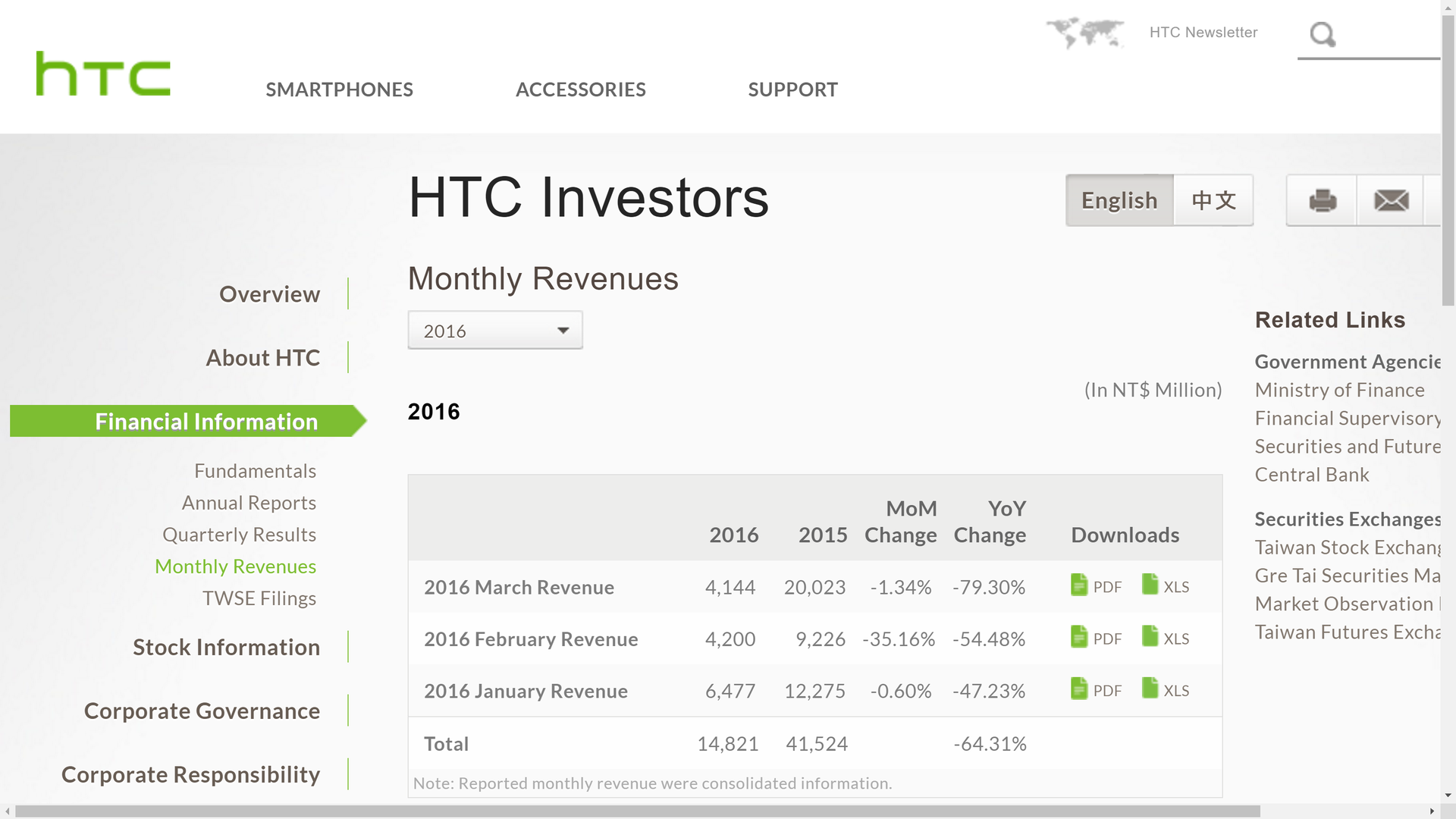
As of the time of publishing, the company’s stock price had dropped by 8.32%, trading at NT$79.30 per share on the Taiwan Stock Exchange. As of last September, HTChad been removed from Taiwan’s Top 50 index.
Analysis
Hope on the horizon…?
In looking at the above table, one thing is quite clear above all else: 2016 has been a disastrous year for Taiwan’s perennial phone producer. Each month has been consistently worse year on year, and each has seen consistently larger losses, to boot. As the situation continues to spiral downwards, HTCneeds a strong second quarter to stop this trend.
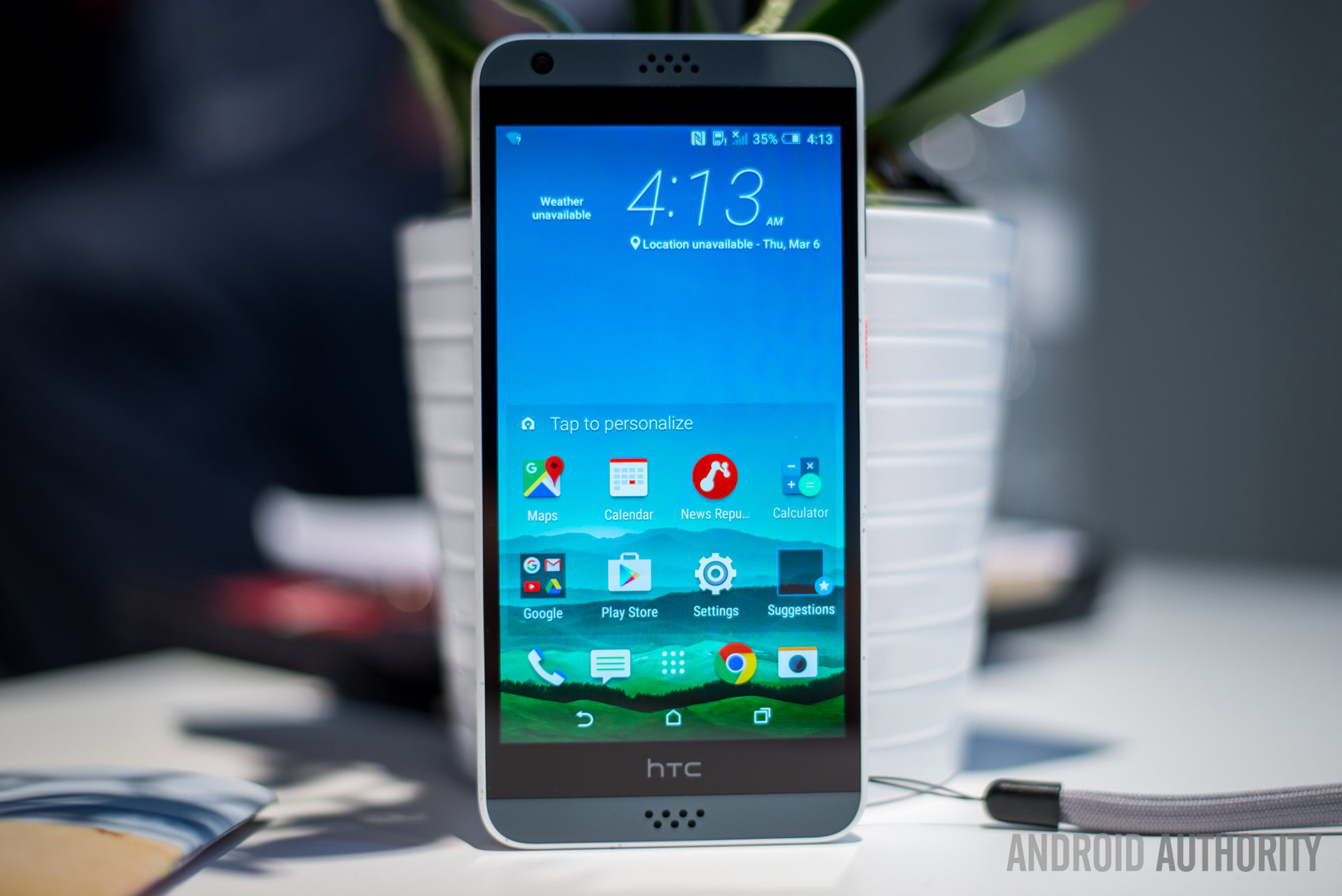
To be fair, last year the Taiwanese OEM had already announced and released its 2015 flagship, the One M9, by this point in time. While the device itself ultimately failed to excite the market, the availability itself does factor in to an extent. Obviously this year Mobile World Congress came and went without the launch of this year’s flagship.
HTC currently plans to launch its new flagship smartphone – expected to be called the HTCM10 – in just a few days, on April 12th. Despite the late launch, this has not deterred the company from seeking to drum up interest by strong promises regarding the halo product’s camera and audio features. Rumors are also suggesting there might be a staggering three different configurations.
The earnings report comes shortly after HTC’s expensive Vive virtual reality headset began shipping to customers. The hardware, which retails for $800 in the USA (and even more in Europe) has received favorable reviews, however in addition to the initial cost itself, requires a high-end PC to run it, making the total financial outlay considerably more. The device did manage to make headlines for reportedly achieving a relatively impressive initial sales milestone of 15,000 units in the first 10 minutes.
Future outlook
The HTCM10
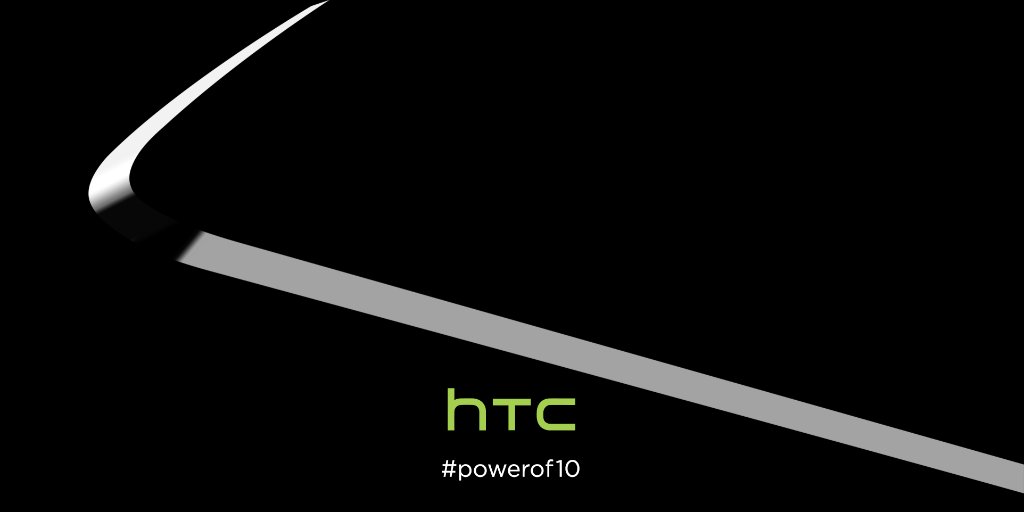
As of today, April 7th, Samsung’s Galaxy S7 and Galaxy S7 Edge handsets have been available for almost an entire month. LG, too, has already launched and released its redesigned G5 flagship in multiple markets around the world. In addition to this, there are a growing number of stylish and super-spec sporting offerings from any number of Chinese OEMs, including HUAWEI and Xiaomi. Even Apple has announced and released a new mini iPhone.
HTC’s decision to wait until mid-April to launch its flagship phone may have been strategic, as it will almost certainly boost Q2 earnings from the get-go, in theory. The problem however, is to what extent consumers will be receptive of the hardware itself. Even if the M10 does manage to have a camera that surpasses the current industry leader, the improved quality will arguably be of less utility value to a majority of potential customers. This assumes, of course, that HTCcan in fact, deliver on its promises. The company boasted about the camera for the One M7, One M8, and One M9 yet many feel the real-world performance didn’t live up to the hype.
Likewise, while front-firing BoomSound speakers are indeed a welcome find to many smartphone shoppers, the question is just how important that will stack up when looking at the competition. Especially for a customer who prefers to use headphones, audio output from speakers might not factor in to a large extent.
Leaked pictures indicate the HTCM10 will have a brand new design, thus presumably alleviating much of the criticism that was issued at the company’s 2015 One M9. Said handset, while having slight changes, was visually almost identical to the One M8 that came before it. As HTCprefers to use metal constructions, its flagship will be a stark contrast to the glass construction Samsung has once again chosen to employ in its top-tier offerings.
The Vive
While seemingly everyone that has used the HTCVive has been impressed with its performance, it is a decidedly niche product for the time being. Aside from the costs involved, VR is still very much a “techie fetish” for a select group of fans rather than a consummate staple for mainstream consumers. Even Facebook/Oculus and Sony are facing an uphill battle for the time being. Still, the VR products of today are often seen as building the technological bridge to the products that, in a few years, will presumably be more major and mainstream commercial successes.
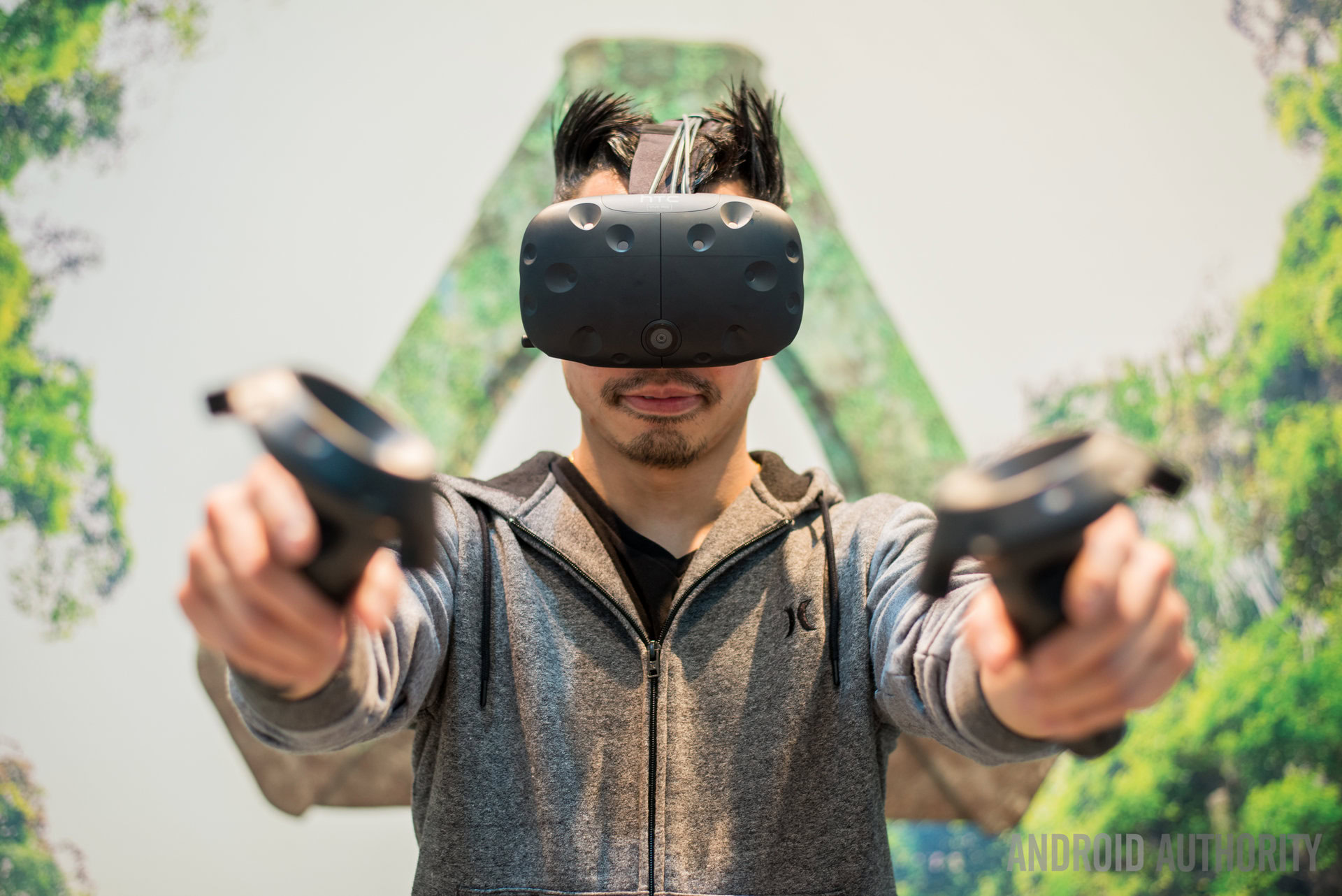
HTC needs proper product sales, however, and lots of them. Given the relatively limited appeal of the Vive hardware, it is unlikely to have a major effect on the company’s balance sheet next quarter. On the other hand, it may help sway potential investors to look fondly at the company in light of its general financial picture.
Wrap Up
The HTCof today is stuck in a rather unfortunate situation. In a very real sense, the company itself has not changed at all from the heyday of its smartphone success. The products it makes are still praised for their polish and attention to detail and design. The flagships are powerful and prominent. Even the software has arguably improved as HTChas toned down its Sense UI over the years and allowed what some feel are more similarities to stock Android.
The problem, quite simply, is that the competition has grown keener. Before the Galaxy S6 for example, Samsung could be instantly dismissed by detractors for making “plastic phones”. Especially during the years of 2013 and 2014, the HTCOne M7 and One M8 were truly worlds apart – design-wise – from the Galaxy S3 and Galaxy S4 handsets. In those days as well, Chinese OEMs were not producing devices the likes of which are now becoming a mainstay that rivals even Apple.
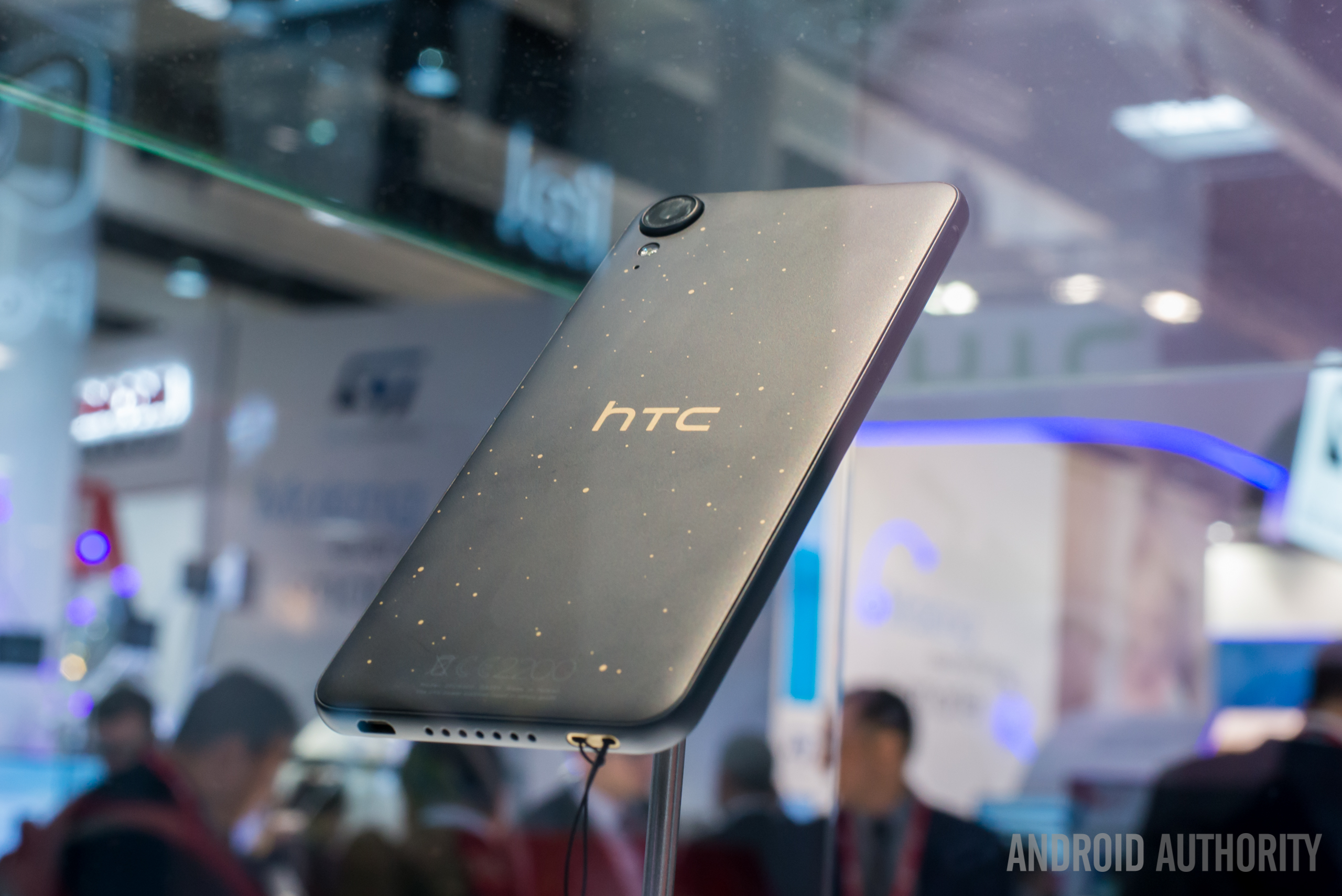
HTC, perhaps not unlike Sony, finds itself in an increasingly competitive situation with diminishing sales. While the most hardcore and loyal of supporters will no doubt continue to purchase new products put out, there may come a point when it is simply unfeasible to continue conducting business “as usual”.
Should the HTCM10 be a smash success, it will serve to re-energize the company and kick-start its return to delivering promising fiscal results. It will also get more people excited about the company’s new offerings, and return the brand name to the proper prominence it once proudly portrayed. As is often said, only time will ultimately tell what fate befalls the company and its upcoming flagship, but for today, the financial picture is just a bit concerning.
What do you think? Does HTChave a true “turn around” lined up to show the world? Is the company spiraling the drain? Feel free to participate in the survey below, and then leave your comments for all to see!